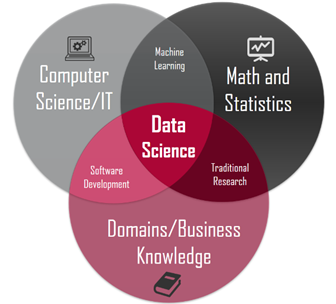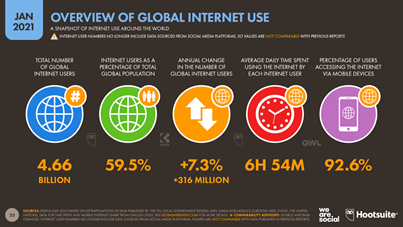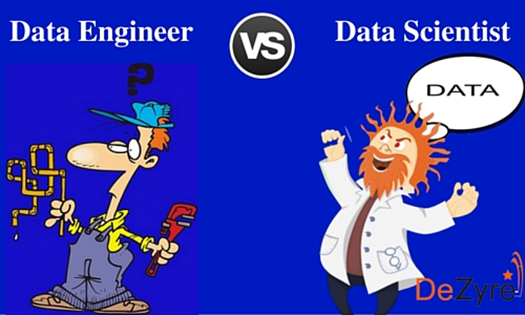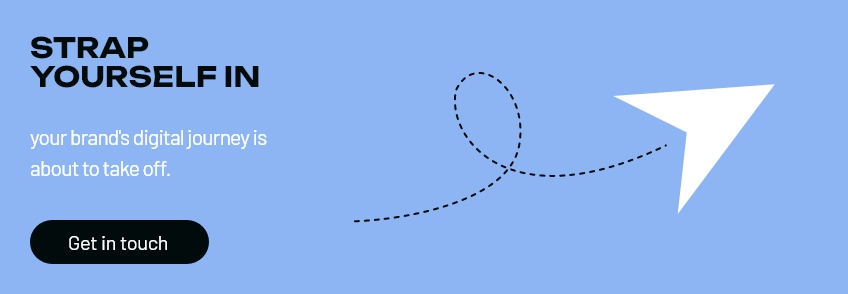“What is a data scientist?” – this is a question I’ve asked myself since I first heard about the role. I always wanted to become a person who solves complex problems because I was attracted to things that I did not understand at first glance. Data science is an endless loop; there will always be a query that needs to be solved or a problem that needs to be investigated, and that’s what attracted me to the position.
What does it take to be a data scientist?
I have been at Found for 6 months and here, I had my first taste of data science. So far, I’ve noticed that being a data scientist requires knowledge in three main fields:
- Computer science
- Mathematics
- Business
Broadly speaking, a data scientist’s responsibility is to use data-driven techniques in order to solve business-related problems.

With that in mind, there are a variety of skills required to be a data scientist – it isn’t just about knowledge, but more what you can bring to the role and what will help you succeed. From my experience, the most valued skills are:
- Coding skills: R, Python, SQL/NoSQL
- Problem solving and analytical thinking
- Interest for machine learning and data-modelling
- Data engineering
There are countless other skills involved in being a data scientist, but these are the ones that it feels everyone should have as they begin their career.
Moving to data science
I started my career as a full-stack developer after I finished a Computer Science degree at university. In my case, the transition from a developer role to a data scientist was influenced by the desire to grow constantly and to always keep up with changing trends in technology.
While computer science was a great starting point, and gave me the knowledge and some of the skills I’d need, it wasn’t fulfilling other areas I wanted a job to. So I knew a change was in order, and some of the reasons I chose data science as the path forwards are:
- The job duties themselves
- Challenge and variation
- Tool development
Data science job duties in marketing
Being a data scientist in the marketing space, you need to bridge the gap between data and engineering and the marketing practitioners in order to spot trends or patterns that can help a company grow online.
These days online activity is very widespread and will soon reach the whole population. Given that, online businesses are growing with the number of internet users, so data scientists will be more and more sought after as the need for understanding data and trends, and their audiences, grows.

Challenge & variation
Being a developer is fun and it gives you satisfaction when you see the results of what you’ve built, but it requires the writing of loads of source code files to solve your problems. A data scientist, on the other hand, is able to solve a task in a few lines of code.
The attractive and challenging requirement of the data science is the need for more brain work rather than repetitive work – it engages different parts of your mind to be able to solve the problems at hand.
Tool development
The opportunity to build tools using machine learning is a field that I believe is the future of technology. For my bachelor’s degree final project, I personally made an Optical Character Recognition system and that was my first touch with artificial intelligence.
Some of the machine learning projects the Data Science & Analytics team at Found have worked on before include sentiment analysis, predictive decision making and anomaly detection tools. There are some examples below created by James Wolman, the Senior Data Scientist who inspired me and is helping me fulfil my goals in this field:
- OscarBot – using AI to predict the winners of the Oscars, and beating the bookies and the film buffs in the process.
- Social Media Mining – mining social media platforms to unearth hidden patterns in buried text and understand the conversations audiences are having about different topics.
- Luminr – understanding the makeup of the Search Engine Results Page to identify opportunities across different features, and trends in shifts of audience behaviour.
The career path of a data scientist
At the moment I am a Junior Data Scientist at Found, and I have a lot to learn, but things are looking promising even though we are all working from home and I’m from another country. Given that I started my career going in another direction, I thought it would be interesting to share my experience as I made the move to data science.
This was the path I followed to step into the data scientist role:

Being a computer science graduate helped a lot, because I had the chance to experience many fields regarding technology and mathematics. It also helped develop structured thinking, making it easier to understand new concepts as I encounter them in my career.
As a software developer, I learned a lot about how online apps work by building and maintaining them – crucial knowledge to have in order to understand where the data comes from and how it was collected. From a background in software development, data scientists will have a better understanding of a client’s request regarding data from the application.
As a data engineer, I moved a step closer to the data scientist role without even knowing. During my data engineering role, I learned how to build and maintain systems that provide the data to the data scientists. I was working as the “middle man”, working with cloud services and creating data flows, pipelines and ETLs (extract, transform, load).

All of my previous experience provided me with the chance to become a data scientist. Now, I need to use my complete skill set with business and statistics related knowledge as well as improve all of the other skills required for the role. Since I started, I’ve been helping James with some really exciting projects for Found and our clients, including:
- A tool that monitors organic visibility of any domain
- Analysis of stock market data around relevant COVID-19 announcements to observe the impact of the pandemic on different industries
- Sentiment analysis of tweets around the COVID-19 announcements for each industry
Having James as a mentor I get the best work experience and the professional guidance to successfully complete my data science projects, and I truly believe that having the right mentor, and the right environment, is pivotal to a data scientist’s success.
The team at Found are not only experts in their field, but they offer the flexibility for you to identify your own solutions and then build it with the tools and resources you feel are best suited – in my experience, that’s difficult to come by.
Being able to create tools and utilise all of the knowledge and skills I’ve gained throughout my career so far means I get to learn something new every day, and gain new knowledge about Marketing, SEO, PPC, and Content.
The contributions of a data scientist are not just to solve problems, but to develop methodologies, frameworks, and platforms that will allow anyone to use the data to support their own strategies and objectives.

If you want to learn more about how our Data Science team could support your marketing activity, get in touch with our team today or take a look at our Data Services.


